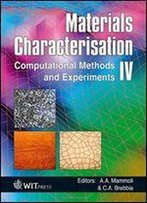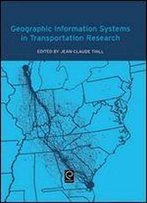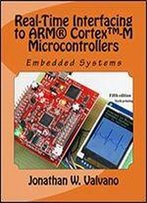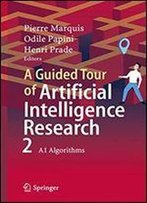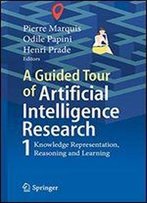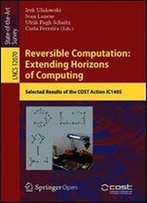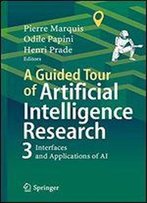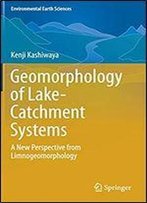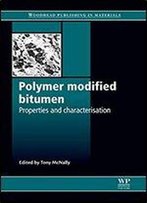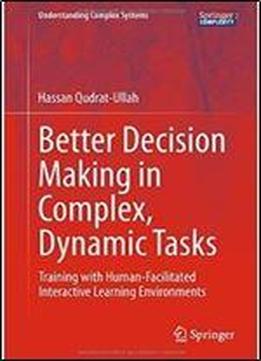
Better Decision Making In Complex, Dynamic Tasks: Training With Human-facilitated Interactive Learning Environments
by Hassan Qudra /
2017 / English / PDF
7.5 MB Download
Computer simulation-based education and training is a multi-billion dollar industry. With the increased complexity of organizational decision making, projected demand for computer simulation-based decisional aids is on the rise. The objective of this book is to enhance systematically our understanding of and gain insights into the general process by which human facilitated ILEs are effectively designed and used in improving users decision making in dynamic tasks. This book is divided into four major parts. Part I serves as an introduction to the subject of decision making in dynamic tasks, its importance and its complexity. Part II provides background material, drawing upon the relevant literature, for the development of an integrated process model on the effectiveness of human facilitated ILEs in improving decision making in dynamic tasks. Part III focuses on the design, development and application of Fish Bank ILE, in laboratory experiments, to gather empirical evidence for the validity of the process model. Finally, part IV presents a comprehensive analysis of the gathered data to provide a powerful basis for understating important phenomena of training with human facilitated simulation-based learning environments, thereby, help to drive critical lessons to be learned. This book provides the reader with both a comprehensive understanding of the phenomena encountered in decision making with human facilitated ILEs and a unique way of studying the effects of these phenomena on peoples ability to make better decision in complex, dynamic tasks. This book is intended to be of use to managers and practitioners, researchers and students of dynamic decision making. The background material of Part II provides a solid base to understand and organize the existing experimental research literature and approaches.
